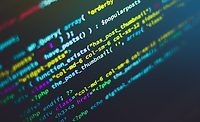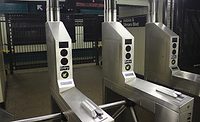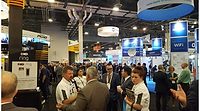As biometrics use in airports continues to increase rapidly, Delta has addressed consumers with an article on ‘What you should know about biometrics and Delta.’
"In a post COVID-world, touchless technology has never been more important. And while most customers have been at home since the COVID-19 pandemic began, a lot has changed at Delta to transform cleanliness and safety so they can feel more confident when they return to travel. One thing that’s remained constant is Delta’s continued commitment to investing in technology that enhances the customer travel experience. Now more than ever we know touchless technology is what our customers want and need to feel safe. Currently, customers traveling direct to an international destination can choose to use facial recognition technology to board flights in Atlanta, Minneapolis, Salt Lake City, New York JFK, Detroit, Los Angeles, Portland and Boston," noted Delta.
Delta then outlined the following key points about the use of biometrics in aviation:
- It's completely optional: Using biometrics is a safe, fast and convenient option, but if customers want to opt out, they just let us know. "If customers do not want to participate, they just use their boarding passes and passports as they always have. We make sure to communicate at multiple touchpoints that it is optional," Delta noted.
- Your security is priority: "Protecting our customers’ security and privacy is a is a top priority and a responsibility all Delta people take extremely seriously. Built on years of robust testing, this optional technology is proven to be a secure, fast and highly accurate alternative to using a printed passport photo to complete the mandatory verification of an international traveler’s identity– and the vast majority of customers are choosing to use it," said Delta.Company policy and federal policy prohibit the use of biometric boarding images for commercial purposes. CBP discards images of U.S. citizens within 12 hours and images of foreign travelers are sent to a secure Department of Homeland Security database.
- It is not a surveillance program: This optional biometrics program uses facial comparison technology to automate document checks that are already required by law for international travel, says Delta. This should not be confused with the application of facial comparison technology in a public space or in a situation in which the presentation of identity documents is not currently required.
- Accuracy is key: In the latest testing from the National Institute of Standards and Technology (NIST), the top performing algorithms used in this optional biometrics program are close to 99 percent accurate. If a traveler can’t be biometrically matched during the boarding process, a trained staff member will simply ask to inspect the traveler’s passport manually. The combination of a top performing algorithm and highly-trained customer service personnel ensures the highest possible degree of accuracy.
- Biometric identity verification meets federal requirements.



